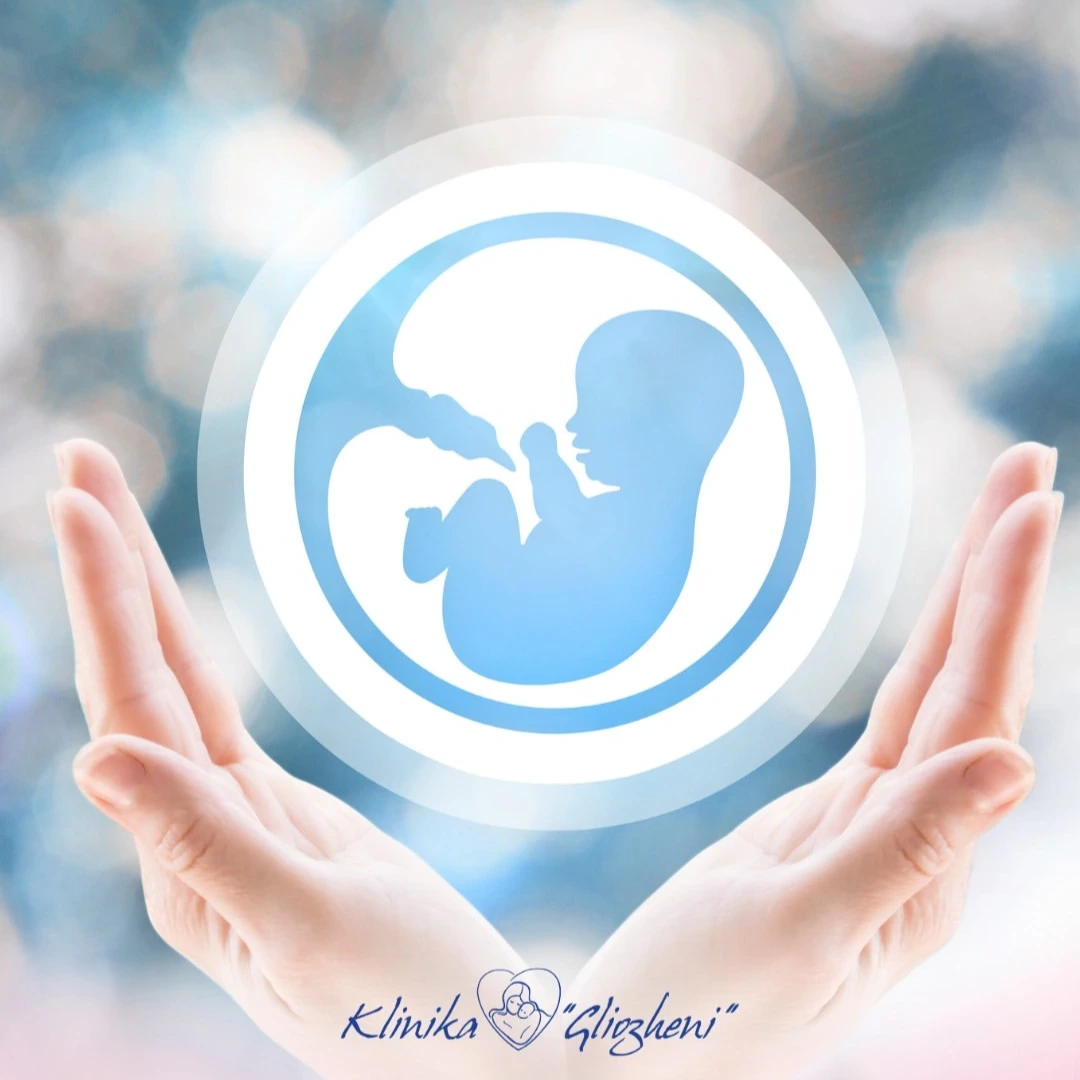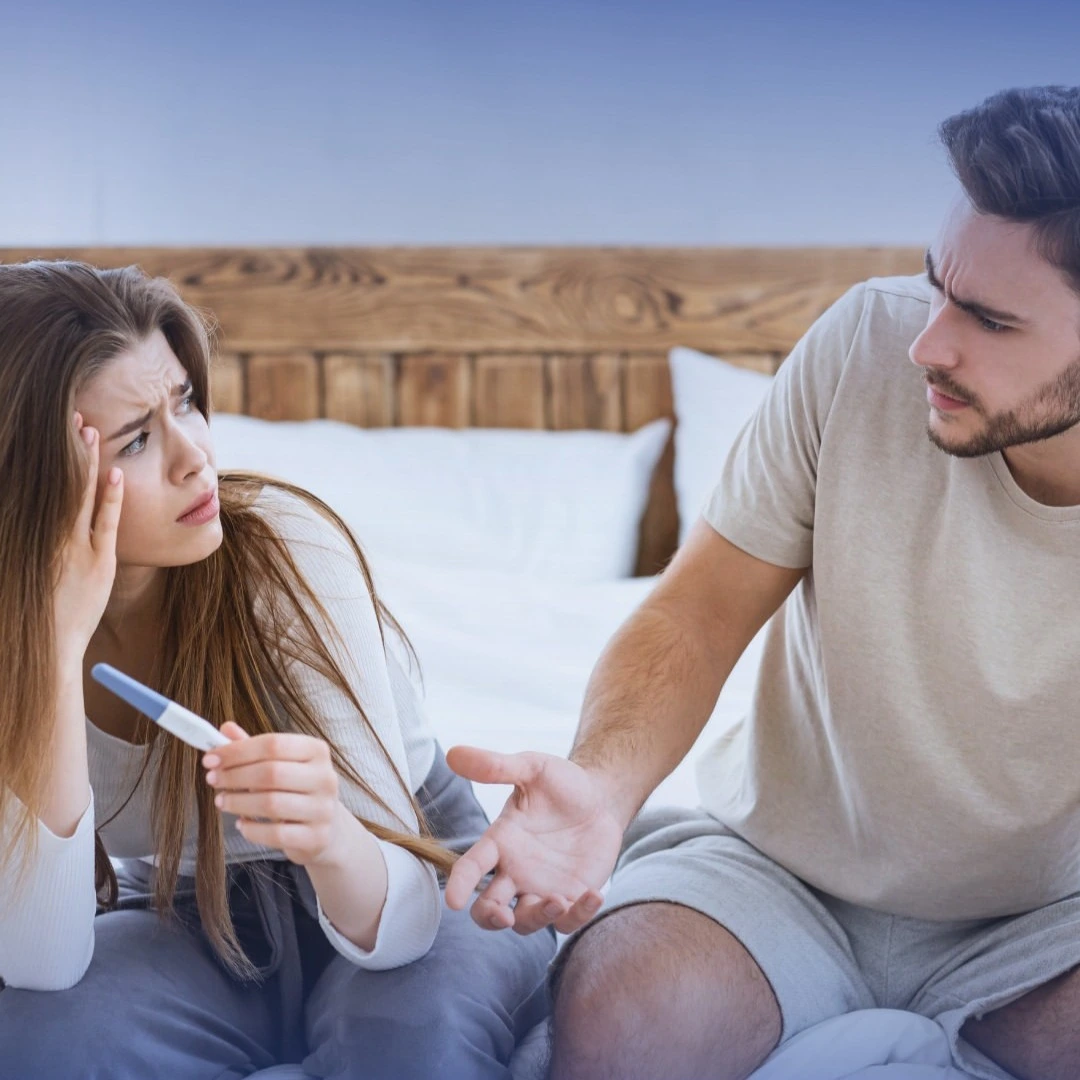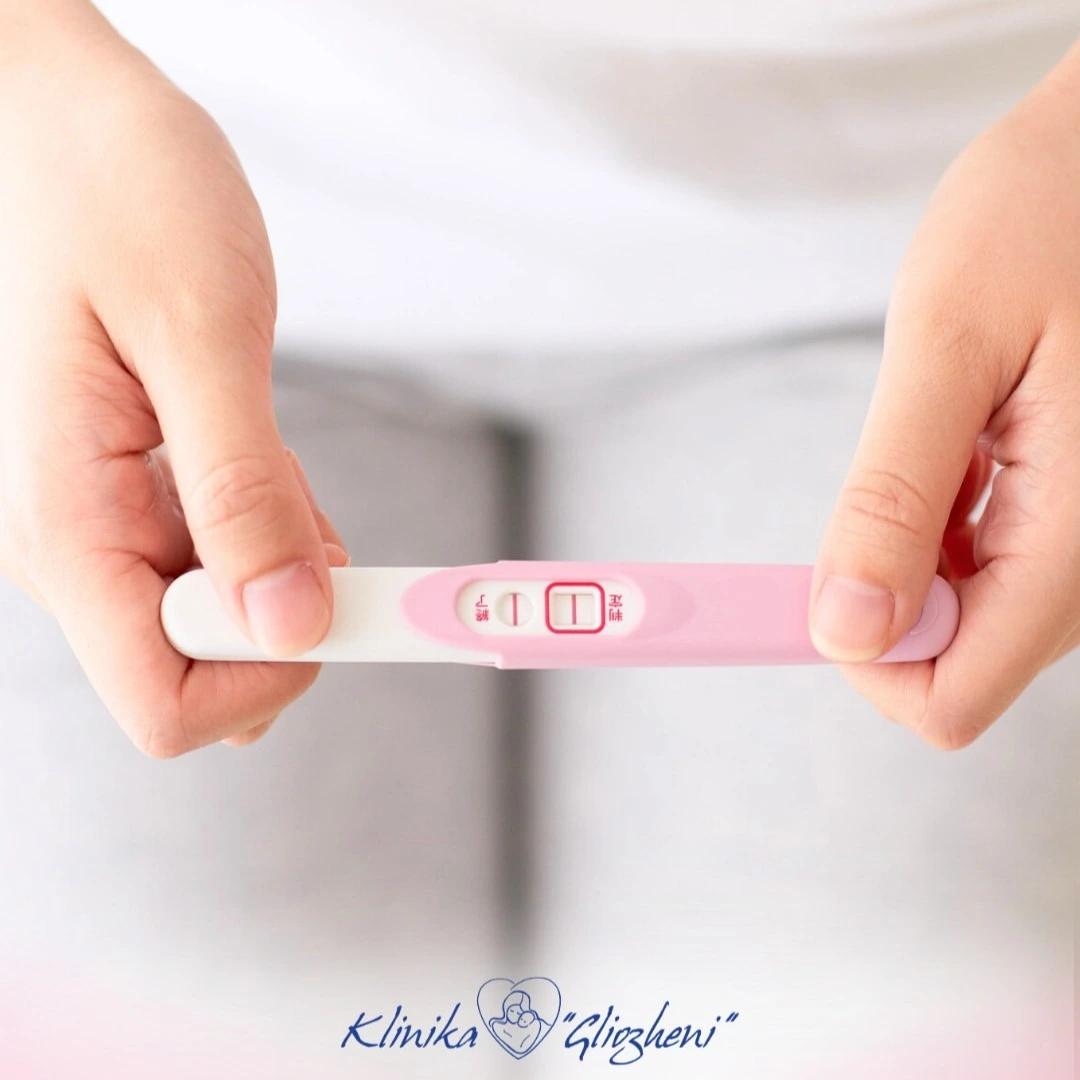Did you know that one of your most powerful allies on the journey to parenthood might be your pillow? In the fast pace of modern life, sleep is often seen as a luxury we can sacrifice. But when it comes to reproductive health, quality sleep is non-negotiable. It is a fundamental pillar that keeps hormonal balance and fertility in check — for both women and men.
In this article, we’ll explore the deep scientific connection between sleep and fertility, how sleepless nights can sabotage your efforts, and, most importantly, concrete steps to turn sleep into your superpower.
The Body’s Conductor: Circadian Rhythm and Hormonal Balance
Imagine your body as a great orchestra. For the music to be harmonious, it needs a skilled conductor. That conductor is your circadian rhythm, or biological clock. This 24-hour cycle, regulated primarily by light and darkness, tells your body when to sleep, wake up, eat, and manage countless processes — including hormone production.
When sleep is disrupted, the conductor loses rhythm, and the hormonal orchestra falls into chaos. The hormones most affected are those crucial for fertility:
- Melatonin: More than just the “sleep hormone,” melatonin is a powerful antioxidant produced in darkness. It protects eggs and sperm from oxidative stress, preserving their quality.
- Cortisol: Lack of sleep raises cortisol, the “stress hormone.” Chronically high cortisol can suppress ovulation in women and reduce testosterone in men.
- Reproductive hormones (GnRH, LH, FSH): These brain-to-ovary/testes signals are closely tied to the sleep–wake cycle. Fragmented sleep disrupts them, impairing fertility.
Sleep and Women’s Reproductive Health: A Delicate Balance
For women, hormonal balance is everything in reproductive health. Poor sleep can disturb this balance in several ways:
- Menstrual cycle irregularities: Women who work night shifts or have inconsistent sleep often report irregular cycles, anovulation (no ovulation), and more painful periods.
- Egg quality decline: Deep sleep stimulates melatonin production, which shields eggs from oxidative damage. Sleep deprivation leaves eggs more vulnerable, accelerating ovarian aging.
- Impact on fertility treatments (IVF): Studies show women who sleep 7–8 hours per night have higher IVF success rates than those sleeping less than 7.
Sleep and Men’s Reproductive Health: An Undervalued Factor
Male reproductive health is equally vital and just as influenced by sleep:
- Testosterone decline: Most testosterone is produced during deep sleep. Just one week of restricted sleep (about 5 hours/night) can lower testosterone by 10–15% — the equivalent of aging 10–15 years.
- Sperm quality damage: Poor or insufficient sleep is directly linked to reduced sperm count, lower motility (ability to swim), and abnormal morphology.
- Erectile dysfunction: Chronic fatigue, stress, and low testosterone — all consequences of poor sleep — are known contributors.
Practical Steps: How to Improve Your Sleep Starting Tonight
The good news? You have the power to change this. Improving sleep doesn’t require drastic measures, only consistent healthy habits:
- Create a Sleep Sanctuary: Keep your bedroom dark, quiet, and cool. Invest in blackout curtains, remove artificial light, and put screens away at least an hour before bed. Blue light tricks your brain into thinking it’s daytime.
- Build a Relaxing Ritual: Develop a routine that signals your body it’s bedtime — a warm shower, reading (not on a screen), soft music, or simple breathing exercises.
- Stick to a Consistent Schedule: Go to bed and wake up at the same time every day, even on weekends. This stabilizes your body clock.
- Mind Food and Drinks: Avoid caffeine and energy drinks in the afternoon. Limit alcohol and heavy meals 2–3 hours before bed.
- Move During the Day: Regular physical activity boosts sleep quality, but finish workouts a few hours before bedtime to avoid overstimulation.
Conclusion: Invest in Sleep, Invest in Your Future
On the complex journey of fertility, it’s easy to get lost in tests and advanced treatments. But often, the most powerful steps are the most fundamental. Sleep is not just rest; it’s an active process of recovery and hormonal regulation.
By prioritizing sleep, you give your body the best tool to balance hormones, improve the quality of reproductive cells, and increase the chances of a healthy pregnancy. This is an investment not only in your overall health but also in the future of your family.
At Gliozheni Clinic, we know you don’t have to face fertility challenges alone. Our expert team is here to listen, guide, and design a personalized plan that considers every aspect of your health and well-being.
📞 Contact us today for a consultation — because sometimes, the path to parenthood begins with a good night’s sleep.







